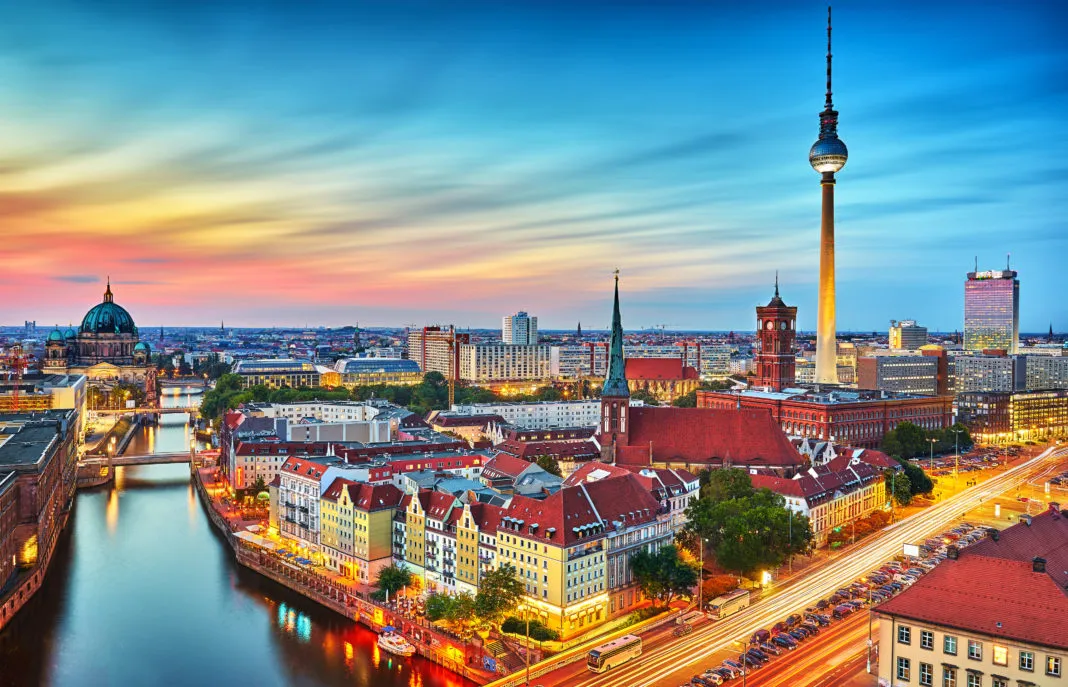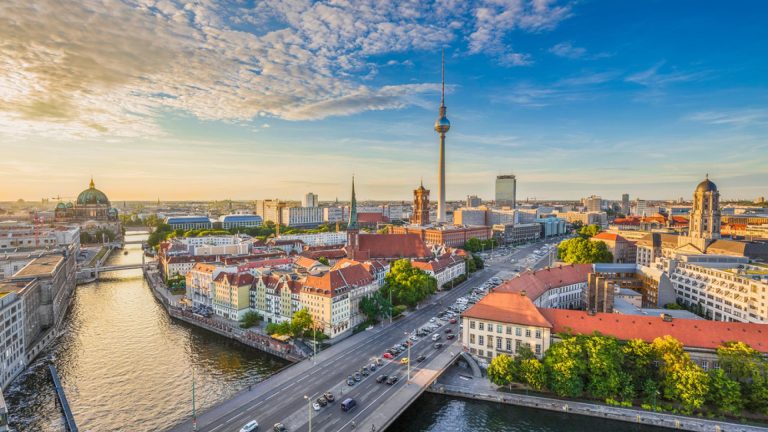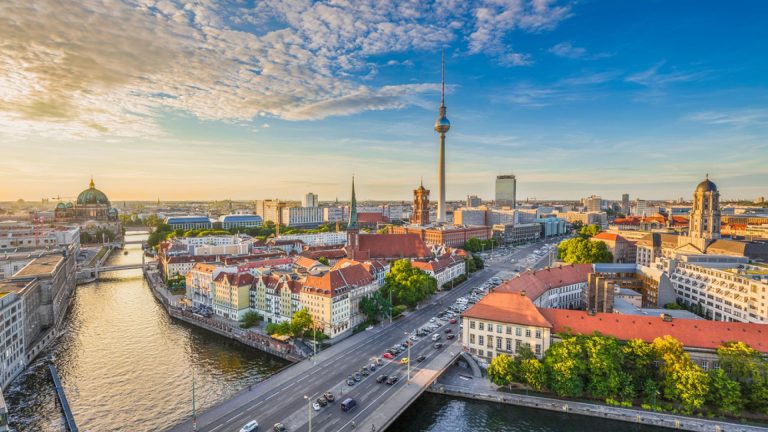Germany, the heart of Europe, has long been a staunch advocate of regional mobility. In recent years, it has drastically increased collaboration with its neighbors to facilitate frictionless travel. Whether in the form of digital border solutions, railway integration, or smart visa policies, Germany is redefining crossing border in the EU and elsewhere.
Here’s a deeper analysis of Germany’s travel partnerships, what it means to border-crossing visitors, and the future of seamless mobility in Central Europe.
1. The Schengen Framework: Basis of Border-Free Travel
Germany is part of the Schengen Area that abolishes border checks among 27 European countries. But the country goes one step ahead in collaborating bilaterally and regionally to speed up travel, make it safer, and more accessible.
Some of the most significant Schengen neighbors that Germany works closely with are:
- Austria
- Switzerland
- France
- Poland
- Czech Republic
- Belgium
- Netherlands
- Luxembourg
- Denmark
Seamless travel is already a reality but Germany is refining and building on it.
2. Integration of Railway and Transit
Germany’s national railway, Deutsche Bahn (DB), has worked together with its neighboring railway systems to synchronize high-speed and local transportation methods. Some of these partnerships are:
- Joint ticketing plans with France (TGV-ICE)
- Effortless rail travel to Austria (ÖBB), Switzerland (SBB), and the Netherlands (NS)
- Coordinated train timetables to reduce wait times at borders
- Border-readable interoperable e-tickets via mobile apps
This eases travel from Berlin to Vienna, Munich to Zurich, or Frankfurt to Brussels for citizens and visitors alike without having to change platforms or repurchase tickets.
Future projects are:
- Smart railcards that can be applied in multiple countries
- Night trains border-crossing with digital identity verification
- Route planning via AI for real-time dynamic cross-border travel
3. Bilateral Border Coordination and Security
While Schengen promotes travel without passports, Germany cooperates with the neighbors to have shared border security and traffic management through:
- Shared databases for customs and immigration management
- Joint patrols at weak points along borders
- Real-time monitoring of people and cargo transport for security and efficiency
- Test biometric corridors for busy train stations and airports
- The cooperation thwarts illegal migration and smuggling without intruding on normal travel.
In emergencies (such as pandemics or terrorist attacks), Germany and neighbors nowadays coordinate ad hoc border controls by way of reciprocal digital alerts, notifying and redirecting citizens safely without chaos.
4. Mobile ID and Digital Travel Identity Integration
Germany is leading the development of a digital European travel identity. Together with neighboring countries, the strategy entails:
- A mobile digital passport wallet with passports, residence permits, and visas
- Biometric identification through borderless checkpoints
- Pre-registration for international rail and road travel
This is being piloted with countries like the Netherlands, Austria, and Poland, with faster entry and exit via scanning a QR-code or facial recognition.
Soon, travelers can potentially:
- Check in to a train in Germany and out of a train in France without showing any ID
- Record cross-border journeys in an app that automatically refreshes transit and accommodation data
- Skip lines by using facial recognition gates in airports and terminals
5. Road and Highway Harmonization
Germany harmonizes closely with neighboring nations to ease road travel across borders, including:
- Aligning traffic rules and signposting within the various regions
- Expanding e-toll systems in Germany, Austria, Switzerland, and the Czech Republic under a single registration
- Enhancing highways and border crossings for goods and private vehicles
- Launching collaborative electric vehicle charging networks across borders
Drivers will be able to pay tolls, access EV charging stations, and travel on foreign roads with country-specific driving data embedded in a single app.
6. Business and Tourism Mobility Agreements
Germany’s convenient travel initiative extends beyond tourists to include cross-border workers, students, and businesses. Mobility agreements include:
- Official commuter tickets for regular commuters in border regions (e.g., Poland-Germany, France-Germany)
- Simplified cross-border tax and labor recognition rules
- Cultural visa exemptions and short-term work permits for creatives, researchers, and startup founders moving between neighboring countries
- Germany is also creating digital nomad regulations with neighboring countries to allow freelancers and remote staff to stay and move freely across borders.
The Future
Germany envisions a borderless travel culture across Central and Western Europe. Plans being worked on include:
- A pan-regional “European Seamless Travel Card” valid in a maximum of 10 countries
- AI- and blockchain-supported virtual border crossings for citizens and non-EU visitors alike
- Airport terminals beyond borders with shared customs zones (e.g., dual zone Frankfurt-Paris terminals)
- Real-time cross-lingual conversation assistance in public transport mobile applications
These developments reaffirm Germany’s role as a bridge between countries, where material borders do not become digital or bureaucratic hurdles.
Germany’s borderless travel partnerships with neighboring countries are a vision-driven approach to European mobility. With harmonization of railways, digital transformation of identities, and mutual security partnership, Germany is taking the dream of borderless movement into practice.
With infrastructure, policy, and technology becoming more harmonized, Germany has the potential to be the benchmark for creating a real unified and mobile Europe.









Leave a Comment